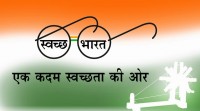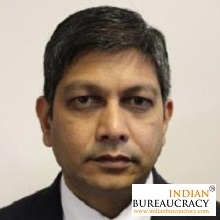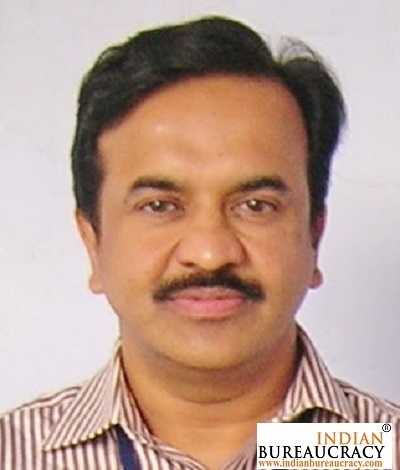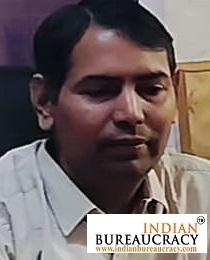Union Minister of Environment, Forest and Climate Change, Shri Prakash Javadekar said in a statement that Swachh Bharat campaign cannot happen without the wholehearted participation of Municipal/civic corporations, Gram Panchayats. “We are also finalising Waste Management Rules and will be publishing these Rules by the year-end. Our inspection has brought to the fore a dismal picture of negligence by some municipalities towards municipal Solid Waste Management”, the Minister added.
Towards this end, Central Pollution Control Board (CPCB), has issued statutory notices to 184 towns to statutorily comply with Water Pollution Control Act and rules relating to Municipal Solid Waste Management. CPCB stated that municipal authorities have not given due attention for ensuring proper management of domestic sewage and Municipal Solid Waste. The sewage is disposed off into rivers, lakes or allowed to seep into the groundwater. This has resulted in worsening of groundwater quality and caused many water-borne diseases. The sanctity of River Ganga, including others, has been affected because of presence of fecal coliform bacteria, on account of disposal of untreated/partially treated domestic sewage. CPCB has also observed that out of 62, 000 million litres of sewage generated in the country, treatment capacity of 23, 277 MLD has been provided which amounts to less than 30%.
Similarly, based on the information provided by its counterparts in the States (SPCBs), CPCB has estimated that 1, 44, 000 MT of garbage is generated and only 39, 000 MT is treated or processed. The waste dumped unscientifically into the landfills is causing serious environmental damages in terms of water and air pollution. CPCB further observed that majority of the civic authorities do not have a systematic, time-bound action plan for management of municipal work.
CPCB has issued directions under the Water Act and Environment Protection Act (EPA) to 46 million plus cities, 20 State Capitals and 118 towns located on river Ganga. With these directions, approximately 13 crore population residing In 184 towns will benefit from cleanliness in terms of sewage and solid waste management. These directions under the Act are statutory and non-compliance of these directives will attract legal proceedings under the law.
The directions issued for sewage arrangement include :
i. Untreated sewage shall not be disposed into the river, or at any other recipient body.
ii. Local / urban body to set up Sewage Treatment Plants (STPs) of adequate capacity and provide sewerage system to cover the entire local / urban areas and to ensure complete treatment of sewage generated.
iii. In case of disposal of effluents on land or river or any water body including coastal water / creek or a drain, the treated effluents shall meet the standards.
iv. Existing STPS, if any, as applicable, shall be properly maintained to comply with the standards. At the inlet and outlet of the sewage treatment plant, online monitoring devices should be installed to monitor the consented parameters.
v. The local bodies shall seek consent under Water (Prevention and Control of Pollution) Act, 1974 from the concerned SPCB / Committee within a period of 60 days.
vi. The Municipal Authority shall properly manage the wastewater flowing in drains and take required measures to ensure that such wastewater is treated and disposed off in accordance with the consorted standards.
vii. Municipal Authority/other concerned authority shall submit a time- bound action plan for proper collection, treatment and disposal of sewage and such plan shall be submitted by the municipal authority to the SPCB and copy to CPCB within a period of 90 days. The Action Plan shall be kept in public domain.
CPCB has also directed municipal commissioners of 184 towns to seek consents under Water Act within a period of 60 days which would also include expression of interest of the local authorities to set-up sewage and solid waste management facilities. CPCB has also asked Municipal Commissioners to secure compliance with the relevant requirement stipulated under the regulations.
For improving Municipal Solid Waste Management, CPCB has issued comprehensive directions which emphasises; seeking authorisations from concerned SPCB, implementing plans for segregation, collection, storage and transportation of solid waste and ultimately reduce the burden of landfills to zero or minimum level by adopting appropriate waste processing / utilisation technologies.





